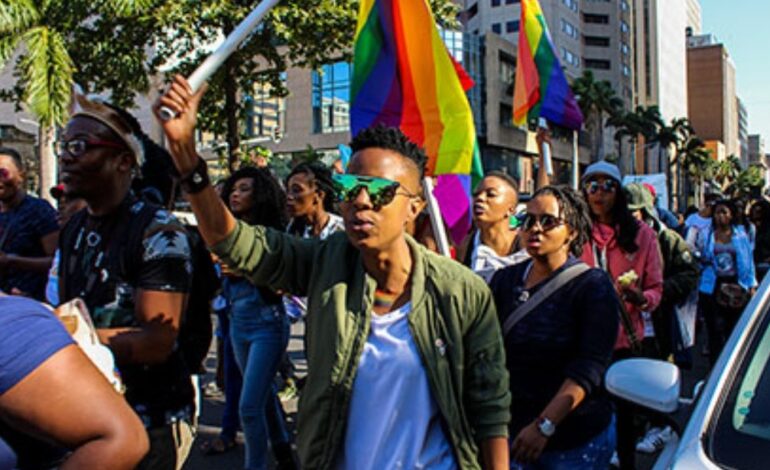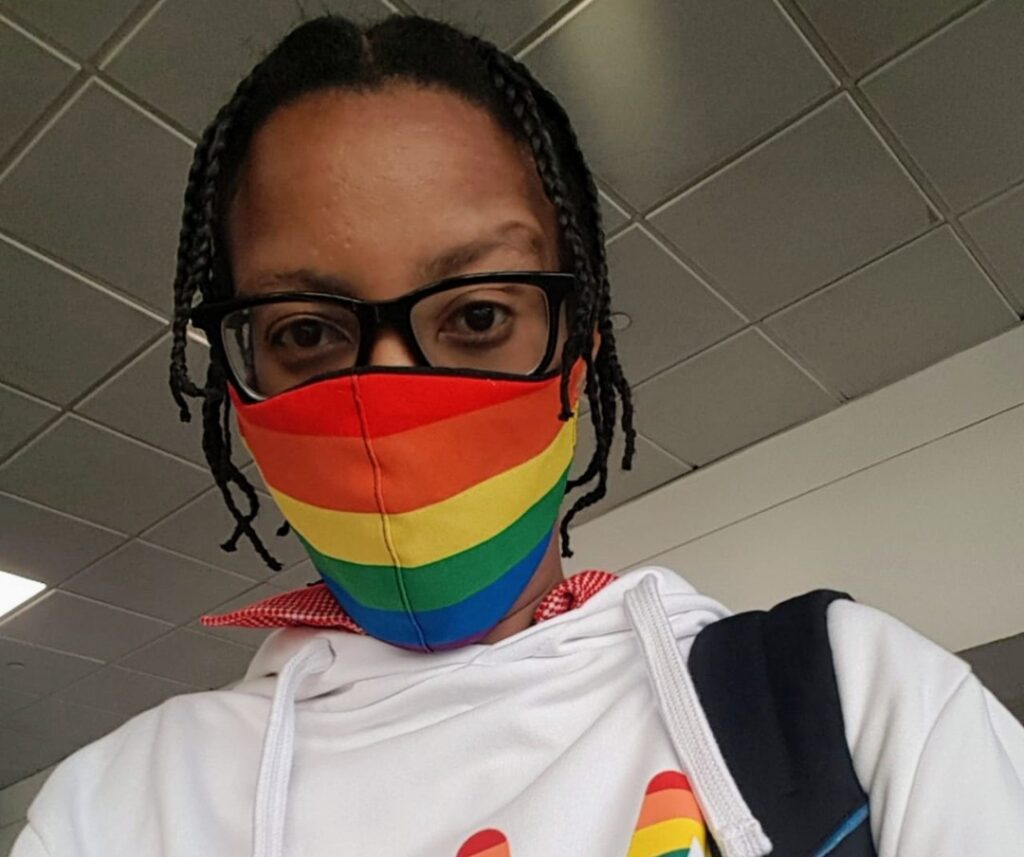
Oliver Meth
The LGBT community often faces discrimination and stigma when seeking medical health care services in public hospitals, globally.
This month, as Africa celebrates International Human Rights Day, most health care providers in public hospitals are known for breaching their privacy and confidentiality by exposing the sexual orientation of their patients to other colleagues at the facilities.
The health care providers are usually not friendly and hardly understand their sexual and reproductive health needs.
In South Africa, humiliation and intolerance remain a stark reality for many Queer people.
Nonhlanhla Mkhize, Programmes Director at Durban Gay & Lesbian Health Centre explains how stigma and discrimination manifests itself beyond accessing services.

“Immediately you are ostracized when you walk in to a facility, just by looking different – I might present (dressed) as a woman – as a gay man and that raises all sorts of (unfriendly) questions.”
Nonhlanhla Mkhize
Mkhize adds that discrimination at health facilities may not be easy for others to immediately identify as a human rights violation. “But if you feel uncomfortable, wrongly judged, treated unequal based on your sexual identity, health status or simply put – just being you, then note that is a violation.”
According to Section 9 of the South African Constitution, every person is equal before the law and has the right to equal protection and equal benefit of the law. Equality includes the full and equal enjoyment of all rights.
Sandisiwe, a male presenting lesbian, residing in Johannesburg shared how she had been discriminated, which made her less inclined to use the public healthcare system.
“I remember when I went to the clinic for the (contraceptive) injection, as a male presenting lesbian, I was asked why am I here to get injection…they (nurses) questioned and mocked me saying ‘but you don’t sleep with men’…it was a joke to them. I never returned. I now go to Clicks Pharmacy for services.”
Rhitizede research suggests that the LGBT community have reduced access to medical care compared to heterosexuals because majority of them have had experience of homophobic health professionals.
This may make them less inclined to seek medical help, or they may wait longer before they seek help. Many health workers in public health facilities claim that they treat everyone the same but this usually means that they treat everyone as heterosexual.
Whether or not individuals personally disagree with the sexual orientation and sexual practices of the LGBT community, they have to understand that every human being has the right to health care as well as sexual health.
Denying someone access to health care services because of their sexual orientation will be denying the person his/her human rights making it a violation of human rights.
Section 27 of the South African Constitution also states that every person has the right to the highest attainable standard of health, which includes the right to health care services, including reproductive health care.
Mkhize said the required call to action is to increase gender sensitivity programs and upscale community-based interventions that change social behaviour, as a means of stigma reduction.





Recent Comments